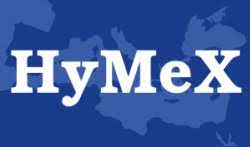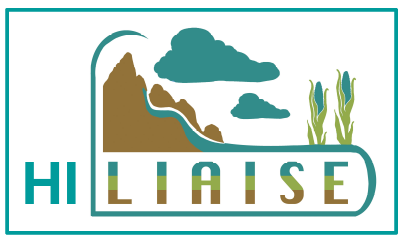
| |
| Home | |
| Objectives | |
| Campaign | |
| Database | |
| Research | |
| Publications | |
| Meetings | |
| Working Groups | |
|

Land surface Interactions with the Atmosphere over the Iberian Semi-arid Environment |


|
Research Activities 
LIAISE Mesoscale Model Setup and Intercomparison Study The main objective of the model intercomparison in LIAISE is to evaluate the representation of the surface features in numerical models and its impact in the organization of the flow at lower levels. Researchers from several operational numerical weather prediction and universities groups are currently performing mesoscale simulations for a case study centered over the Ebro basin. Two exercises are proposed. The first one (PRE‐LIAISE) will be based on a case previous to the LIAISE campaign to evaluate the sensitivity of the results in the model parameters (parameterizations, surface features, initial conditions, resolution, ...). The finalgoal is to find the best model configuration (that might be different for each model) that better captures the locally-generated circulations. The second exercise (IOP‐LIAISE) willbe based on an IOP of the LIAISE campaign (or several IOPs to assess how the models respond to the different land states and through different fluxes, atmospheric turbulence and the corresponding circulations) and it is expected that all the models will run with a setup defined in the PRE-LIAISE exercise. See the above web link for more information. For more information, see Jiminéz Cortéz, J. Cuxart, A. Boone, P. Le Moigne, T. Lunel, A. M., P. Le Moigne,J. Mercader, J. R. Miró,M. Best,J. K. Brooke, 2026: Land surface Interactions with the Atmosphere over the Iberian Semi-arid Environment (LIAISE): 1st mesoscale modelling intercomparison. Q. J. Roy. Meteorol. Soc., DOI:10.1002/qj.4949 
LIAISE kilometric scale Hydrological and land surface model Intercomparison Study
This project aims to test model performances to reproduce the hydrological dynamics and other land surface processes at kilometric scale, over a specific contrasted area (here, the Ebro basin), known for the impact of climate change, human water use, contrasted topography and where highly qualitative data have been gathered. The overall objectives and experimental protocals are described on the project webpage. 
Projects with linkages to and collaborative projects with LIAISE
HUMID:
IDEWA:
PIRAGUA
IRRIGATION+
ALTOS ACCWA Accounting for Climate Change in Water and Agriculture management remote sensing based management and monitoring tools for food security and water & agricultural risk management that allow improving the reliability of decision making regarding water use, yield and hazards in agriculture. |


